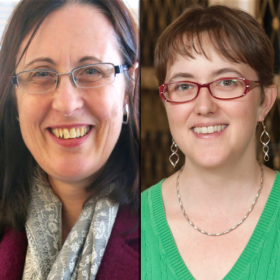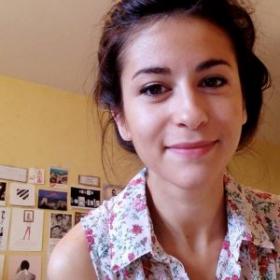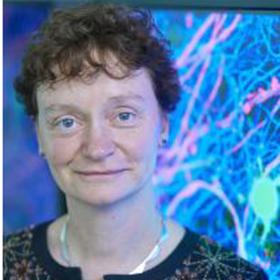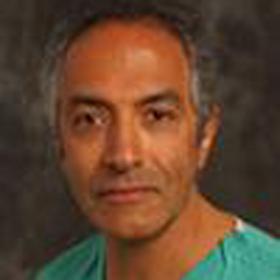Latest news

Congratulations to Dr Jane Haley and Professor Tara Spires-Jones who have been elected as Term Members for EDAB. This is in recognition of their work leading engagement activities, particularly during Brain Awareness Week.

Hundreds of genes have been linked to depression in a study involving data from more than two million people that sheds light on why some people are more likely to develop the condition than others. Researchers led by Professor Andrew McIntosh at the Centre for Clinical Brain Science are now inviting people in Scotland to take part in a study known as The Genetic Links to Anxiety and Depression (GLAD) Study to understand more about the role of DNA in common mental health conditions.

According to research led by Dr Louise Marryat at the Centre for Clinical Brain Sciences, two thirds of children in Scotland experience an adverse life event, such as domestic violence or parental drug misuse before the age of eight.

Bérengère Digard, a PhD student in CCBS, has been awarded the Barbara Northend Prize by the British Federation of Women Graduates Her research focuses on the sociocognitive and neurological effects of bilingualism in autistic and neurotypical adults. Bérengère wrote about her experience applying for the BFWG award in her team’s blog.

A new study, published in Nature and jointly led by Professor Charles ffrench-Constant, Professor Anna Williams (MRC Centre for Regenerative Medicine, University of Edinburgh) and Gonçalo Castelo-Branco (Karolinska Institutet, Stockholm, Sweden) offers fresh insights into the types of cells found in the brains of people with multiple sclerosis that could help develop improved therapies. The study focused on oligodendrocytes - cells in the brain that help to repair damage to nerve cells caused by the disease. Researchers identified various types oligodendrocytes and found that people with MS have different types of oligodendrocytes than healthy people. These findings could shed new light on how the disease progresses and could also help scientists develop treatments. The study is published in Nature. It was funded by the UK MS Society, the European Union and the European Research Council, The European Committee for Treatment and Research of Multiple Sclerosis and the Wellcome Trust, among others.

People with sight problems could benefit from a surgical trial advance that has been shown to help restore the surface of the eye. Doctors led by Professor Baljean Dhillon (Centre for Clinical Brain Sciences) made the world-first step by carrying out a clinical trial using stem cells from donors to create tissue that was transplanted into patients with a condition that causes blindness. Researchers say the trial offers clues about how eye tissue loss could be repaired using stem cells from organ donors. It also sheds light on the causes of sight disorders. The trial focused on limbal stem cell deficiency (LSCD), which can result from damage to eye from chemicals or heat, or be caused by a disease called aniridia. It leads to scarring and severe vision loss in both eyes as well as chronic pain and redness. The project, published in STEM CELLS Translational Medicine was funded by UK Stem Cell Foundation, Scottish Enterprise and the Chief Scientist Office, part of Scottish Government Health Directorates.

New study led by Professor Mick Watson indicates that advanced technologies which read long strings of DNA can produce flawed data that could affect genetic studies. This project examined three previous studies reporting human genome sequences from long-read technologies. They found that the data contained thousands of errors even after corrective software was used, indicating that the data produced by these technologies should be interpreted with caution, as it may create problems for analysing genetic information from people and animals.

The groundbreaking MS-STAT2 trial led by Dr Peter Connick, Anne Rowling Regenerative Neurology Clinic, was recently featured in the Scotsman. It is the largest ever trial for secondary progressive multiple sclerosis and aims to confirm whether the drug simvastatin could become one of the first drugs to slow or stop the disability’s progression – offering hope to thousands of people living with the condition.

Congratulations to Professor Seth Grant who has been selected as the recipient of the 2019 International Behavioural and Neural Genetics Society (IBANGS) Distinguished Investigator Award.

The pioneering dementia ‘buddy scheme’ headed by Dr Chris Henstridge (Centre for Discovery Brain Sciences) and co-ordinated by Lilian Kennedy (Social Anthropology) was recently featured on BBC News. The scheme pairs university researchers with people who are living with dementia to enable them to learn from each other.

